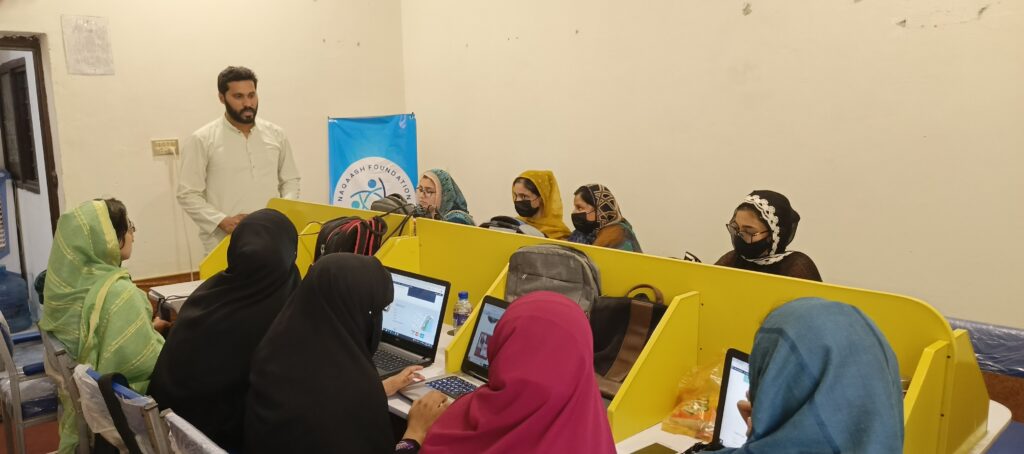
Education is, perhaps, one of the most powerful tools for changing lives, particularly for women. With access to education, women gain confidence, skills, and the opportunities to shape their futures and uplift their communities. However, throughout the world, there are still too many constraints on education that women experience due to cultural norms, poverty, and systemic inequality. That is what matters: to unlock women’s potential and ensure sustainable development.
Empowering Women Through Education
- Education enables women to make improvements in their personal and professional lives. Here’s how:
Empowerment of Women: Educated women are more capable of making informed decisions over health, finances, and careers, thus living more independently. - Economic Empowerment:
Education can lead to better employment opportunities, business establishment, and contributions to the economy. It has been revealed that every additional year of schooling increases the woman’s earnings by up to 20%.
Health and Well-Being:
These women are more likely to acquire health care services, healthier life styles, and contribute their families to thrive.
The Impact of Educated Women in Communities
When women are educated, the benefits extend far beyond the individual, positively impacting families and communities.
Breaking the Cycle of Poverty: Women who are educated tend to invest in their children’s education, creating a cycle of learning and opportunity across generations. - Promoting Gender Equality: Education empowers women to challenge stereotypes, advocate for their rights, and contribute to more equitable societies.
Empowering Social and Political Institutions: Empowered women are more likely to engage in leadership, civic activity, and decision-making, leading toward greater inclusion and development.
Agents of Community Change: From sharing her knowledge with others, she becomes an influencer, initiating projects that help transform the neighborhood and the world.
Challenges for Women’s Education
The importance of educational opportunities for women notwithstanding, millions of women worldwide still lack access to educational resources. Challenges include:
Cultural and Gender Biases: Sometimes girls’ education is not valued in certain societies; early marriages or traditional roles take the center stage. - Economic: Families with less resources distribute meager resources to boys’ education rather than girls’ education.
Lack of Infrastructure: Schools are inaccessible or lack the basic facilities such as safe sanitation for girls in rural areas.
Conflict and Displacement: Women in conflict zones are highly affected by school closure and safety concerns.
Bridging the gap: Strategies for Inclusive Education
To ensure that women gain just access to education, global and local efforts need to focus on:
Policy Reform: Governments need to enact and ensure that policies that promote girls’ education are enforced and the gender discrimination is abolished.
Community Awareness: Advocacy campaigns can challenge harmful cultural norms and bring attention to the value of women’s education.
Economic Support: Scholarships, free education, as well as financial incentives given to the family make schooling girls less expensive for them.
Technological Solutions: Learning may be brought to women in remote or underserved regions using digital learning platforms.
The Future of Empowered Communities
Educating women isn’t an investment merely in an individual; it is a community and national investment. When women have an education, their creativity, resilience, and innovation shine in every sphere of life. They become role models, leaders, and change agents for all around them.
Access to education is not a privilege but a fundamental right. Indeed, women’s education forms the root of empowerment and brings forth the development of half the population in the world-a future of equitable, inclusive, and prosperous progress. - Let us commit to breaking down barriers and building bridges to ensure every woman gets the opportunity to learn, lead, and thrive.
